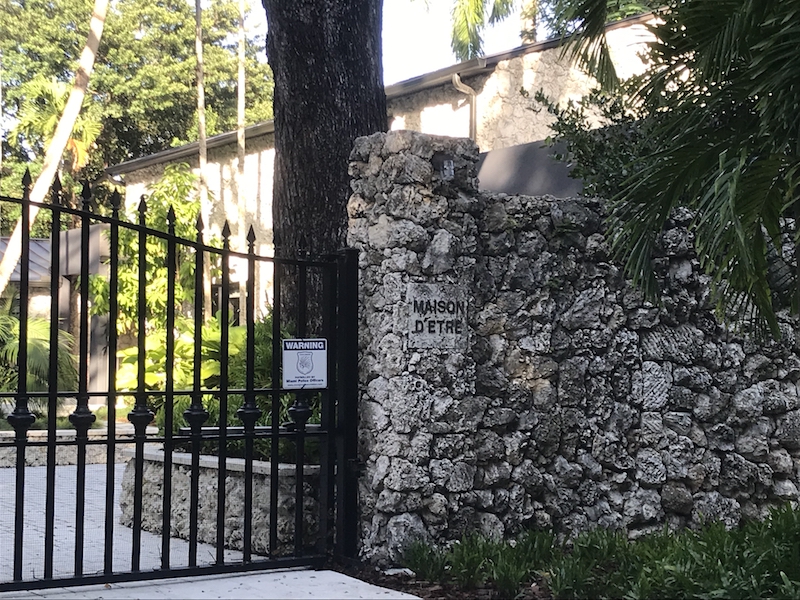"Horse Master" in IE and in Sinitic
This is one in a long series of posts about words for "horse" in various languages, the latest being "Some Mongolian words for 'horse'" (11/7/19) — see also the posts listed under Readings below. I consider "horse" to be one of the most important diagnostic terms for studying long distance movements of peoples and languages for numerous reasons:
- In and of itself, the horse represents the ability to move rapidly across the land.
- The spread of horse domestication and associated technology such as the chariot is traceable, affording the opportunity to match datable archeological finds with linguistic data.
- The symbolic, religious, military, political, and cultural significance of the horse is salient in widespread human societies outside the normal ecological reach of the animal itself. In other words, the horse is treasured in areas far beyond its natural habitat (the Eurasian steppeland), such that it is a symbol of royal, aristocratic power and prerogative. Indeed, for many societies, it is a sacred animal imbued with divine power.
- In studying the words for "horse" in various languages, we have been fortunate on Language Log to benefit from the expertise of historical linguists who have been providing cutting edge analysis of data drawn from numerous languages belonging to different groups and families.
And so forth.
Read the rest of this entry »



